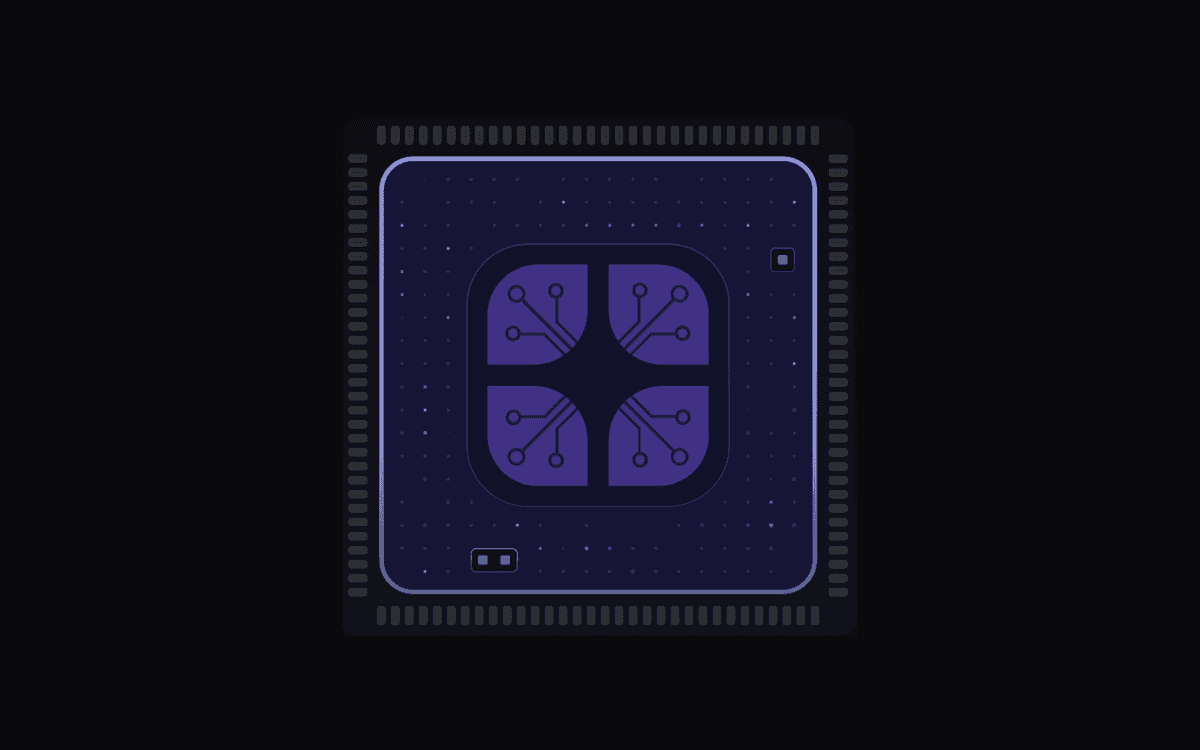Mentorship programs play a crucial role in fostering professional growth and development. Whether within corporations, educational institutions, or community organizations, mentorship facilitates knowledge sharing, skill development, and career advancement. However, traditional mentorship programs encounter challenges in effectively matching mentors with mentees, maintaining engagement, and tracking progress. This is where the integration of artificial intelligence (AI) offers transformative solutions, making mentorship programs more efficient, personalized, and impactful.
The Power of AI in Mentorship
AI brings a multitude of capabilities to enhance mentorship programs:
1. Smart Matching Algorithms:
AI analyzes vast data sets, including skills, experiences, personalities, and goals, to match mentors with mentees effectively. Machine learning algorithms suggest optimal mentor-mentee pairs based on compatibility, increasing the likelihood of a successful mentorship relationship.
2. Personalized Guidance:
AI-powered chatbots provide personalized guidance to mentees at any time through natural language processing (NLP). These chatbots answer questions, offer resources, and provide feedback, complementing the mentor's support and ensuring continuous learning and development for the mentee.
3. Insights from Data:
AI generates valuable insights from mentor-mentee interactions. By analyzing communication patterns, feedback, and progress metrics, mentorship programs identify trends, challenges, and areas for improvement, enabling administrators to optimize strategies and resources.
4. Predictive Analytics:
AI utilizes predictive analytics to forecast the success of mentorship relationships and identify potential issues proactively. Analyzing factors such as engagement levels, communication frequency, and goal achievement rates helps mentorship programs intervene early to enhance the effectiveness of pairings.
5. Continuous Improvement:
AI enables mentorship programs to evolve continuously by learning from past experiences and adapting to changing needs. Collecting feedback from participants and analyzing program outcomes allows AI-powered systems to refine algorithms and methodologies iteratively, ensuring ongoing enhancement.
Real-World Applications
Numerous organizations have embraced AI to enhance their mentorship programs:
-
Corporate Mentorship Programs: Companies like IBM and Cisco use AI-driven platforms to facilitate mentor-mentee matching and offer personalized learning experiences for employees.
-
Educational Institutions: Universities leverage AI to connect students with alumni mentors, provide academic support, and enhance career guidance services.
-
Non-Profit Organizations: NGOs use AI-powered platforms to expand their reach, connect mentors and mentees from diverse backgrounds, and address societal challenges effectively.
Overcoming Challenges
While AI integration offers significant benefits, challenges such as privacy concerns and algorithmic bias must be addressed. Implementing robust data privacy measures, ensuring algorithmic transparency and fairness, and maintaining a balance between automation and human oversight are essential.
AI has the potential to revolutionize mentorship programs by making them more efficient, personalized, and impactful. Smart matching algorithms, personalized guidance, data-driven insights, predictive analytics, and continuous improvement empower organizations to enhance the effectiveness of their mentorship initiatives. As we embrace AI-driven mentorship, let us harness technology's power to foster learning, growth, and collaboration across all spheres of life.
